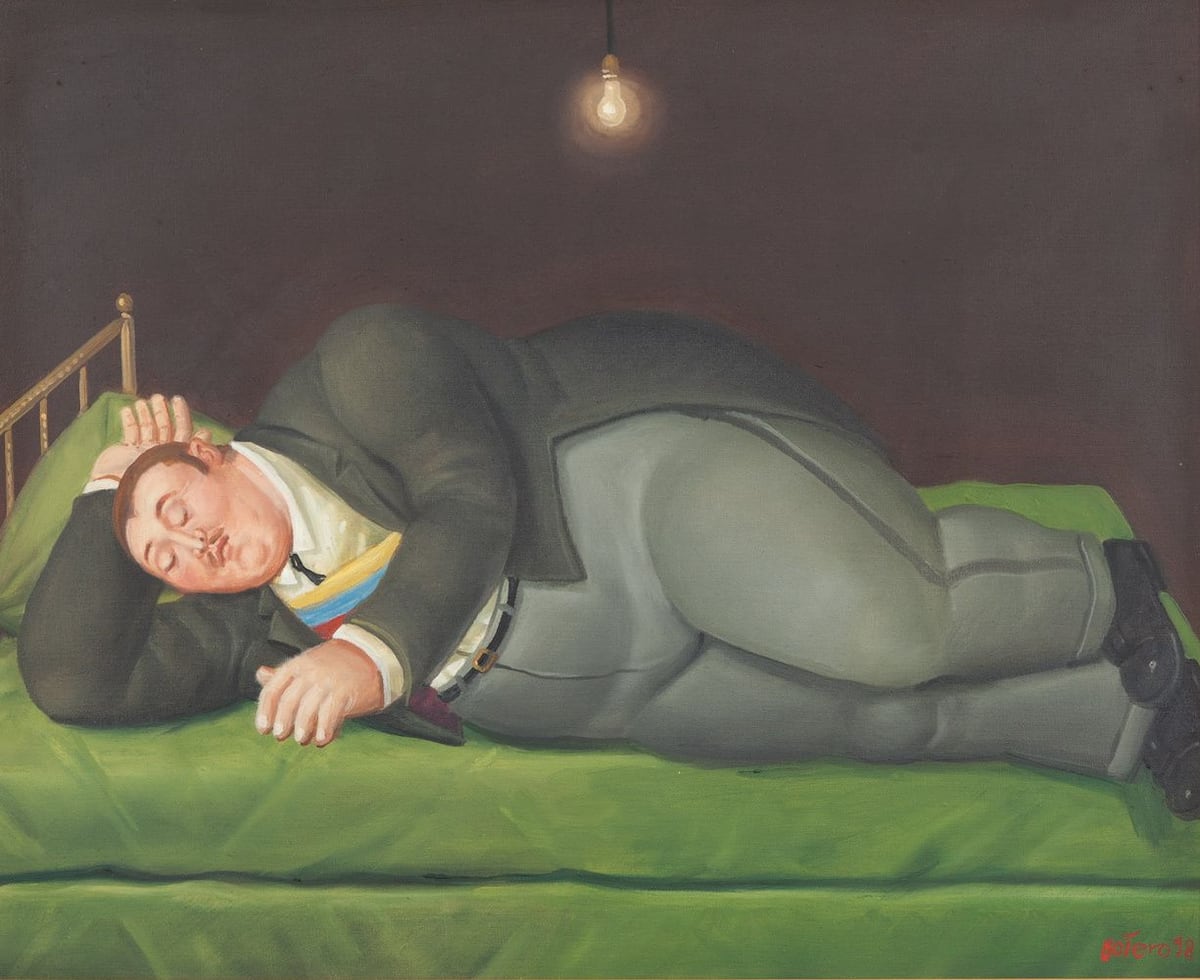
"Adolescents experience a perfect storm of physical, psychological, emotional, and social changes that significantly disrupt sleep patterns, affecting their overall health and development."
"Studies indicate that 93.5% of adolescents fail to achieve the recommended 7 hours of sleep, resulting in a substantial sleep deficit during vital developmental years."
"Sleep is critical for adolescent brain development and mental health, with evidence showing that many of today's teenagers are experiencing worse sleep conditions than previous generations."
"Delayed sleep phase disorder is common among adolescents and disrupts their circadian rhythm, contributing to widespread sleep difficulties at this crucial development stage."
Adolescence, menopause, and aging bring significant physiological and hormonal changes that disrupt sleep, causing difficulties in falling and staying asleep. Such changes do not justify poor sleep quality. Teens aged 13 to 18 require 8 to 10 hours of sleep for healthy growth, yet 93.5% are not getting enough rest, leading to critical developmental deficits. Various factors, including delayed sleep phase disorder, contribute to poor sleep, but screens and modern lifestyle also play a role. Sleep is vital for brain development and mental health in adolescents.
Read at english.elpais.com
Unable to calculate read time
Collection
[
|
...
]